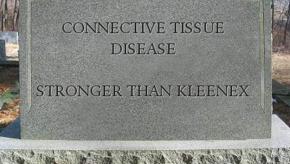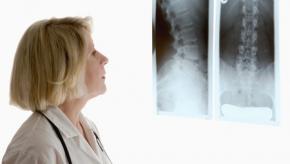Rheumatologist's Vacation Checklist
Nearly half of all available vacation days go unused and over 40% of Americans failed to use any vacation days in 2015. Common sense says that taking more time off (not less) is likely to lead to increased work productivity. Your next vacation is essential to building a better you. Here are some tips to insure you get the most from your time off.













